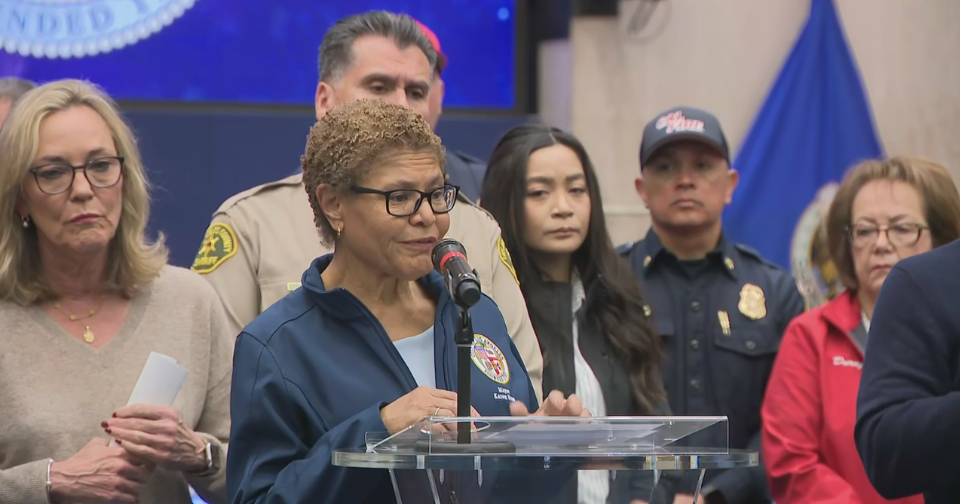Description of the Israeli Prime Minister Benjamin Netanyahu Ceasefire agreement with the Islamic Resistance Movement (agitationHe described the prisoner exchange as “the right decision,” but he stressed that the war continues and will not stop until all detainees are returned and Hamas is eliminated, he said.
This came in a joint press conference between Netanyahu and the Defense Minister Yoav GalantMinister of the Israeli Military Council Benny GantzYesterday evening, Wednesday, it was broadcast on the Israeli Prime Minister’s page on social media.
Netanyahu said that the Israeli army and security services leaders agreed to Exchange deal Completely, stressing that the security of the Israeli forces will be ensured during the truce, and the intelligence effort will continue during it, “and in the meantime the army will continue to prepare for war.”
He added that the war is on Gaza strip It will continue even after the implementation of the agreement to exchange Israeli detainees for Palestinian prisoners. He said, “I would like to be clear, the war will continue until we achieve all our goals, which are the return of all our abductees and the elimination of Hamas.”
He also said that the deal with Hamas will not include the release of Palestinian prisoners involved in the killing of Israelis, stressing that he will not tolerate any violation of the truce and may return to the military operation before the end of the truce.
Netanyahu added that the Red Cross will be allowed to visit “the rest of the kidnapped people” who are not included in the deal and provide them with the necessary medicines. He said that this is “an explicit clause in the agreement, and I hope that the organization will do its job.”
He stated that they are working “non-stop to return all the abductees and ensure that Hamas does not pose a threat to Israel,” stressing that “the return of the abductees is a sacred mission, but we cannot always achieve this goal by military means.”
He also confirmed that he had issued instructions to the Israeli Foreign Intelligence Service (Mossad) “By working against Hamas leaders wherever they are,” he said, “one thing must be understood. We are interested in returning all the kidnapped people according to these broad lines, and perhaps beyond that, but we do not give them a blank check and to do whatever they want.”
Regarding the return of the displaced to southern Gaza, Netanyahu said that they have no obligation to allow residents of the Gaza Strip to cross from the south to the north, after the end of military operations.
Better deal
For his part, Minister Gallant touched on the exchange deal with Hamas and said, “The agreement we obtained is healthier and better than the one we were talking about a week ago.”
He added, “Agreing on the release of the kidnapped people was one of the most difficult decisions I had to make during more than 40 years in which I served Israel,” noting that “there will be more similar decisions,” and he said, “I am convinced with all my heart that this is the right decision.” “.
Gallant also stressed that “the end of this war must be through the dismantling of Hamas as a military body” and the return of all detainees, adding that “Israel is committed to deepening its operation in order to put more pressure on the Hamas movement.”
In response to a question about whether senior Hamas officials, such as the head of its political bureau, were eliminated Ismail Haniyeh And her boss is abroad Khaled Mishal Still a target for Israel, Gallant replied, “They are living on borrowed time.”
Gallant also said that by the end of December and the beginning of January, the Israeli government may allow the return of residents of towns located 4 kilometers north of the Gaza Strip.
The exchange of detainees for Palestinian prisoners comes as part of a humanitarian truce that was reached through joint Qatari, Egyptian and American efforts and lasts for 4 days and can be extended.
The Qatari Ministry of Foreign Affairs announced that the agreement includes the exchange of 50 civilian women and children prisoners in the Gaza Strip in the first phase, in exchange for the release of a number of Palestinian women and children detained in Israeli prisons.
The truce will also allow the entry of a larger number of humanitarian convoys and relief aid, including fuel designated for humanitarian needs.






